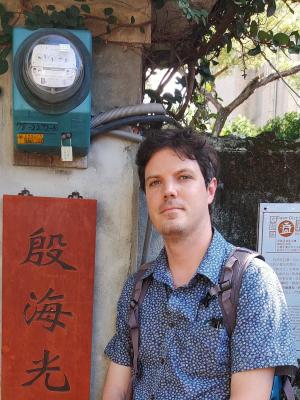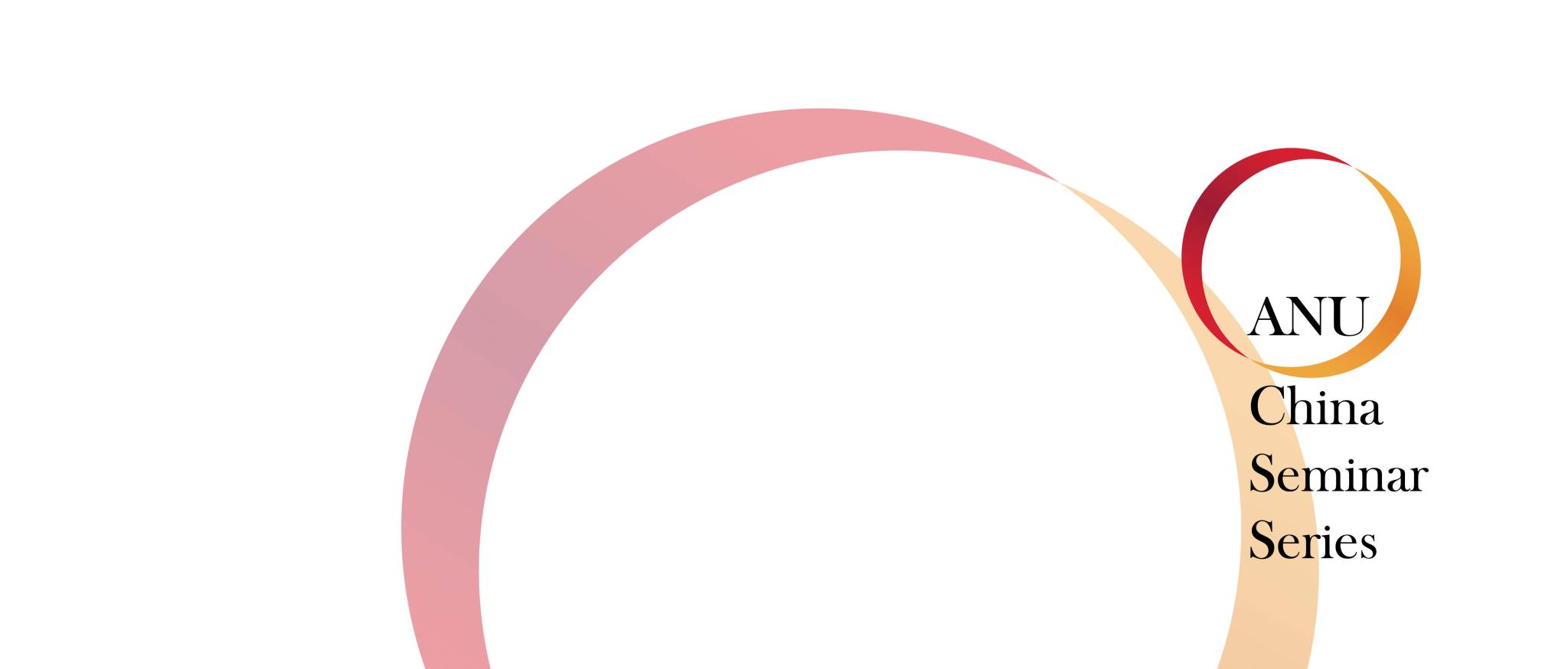The 1990s in China saw the advent of “Republican Fever”, a popular nostalgia for perceived openness and freedom during the Republican era in mainland China (1912–1949), and for an apparent “liberal tradition” among Republican intellectuals. Taking scholarship on the journalist Chu Anping 儲安平 (1909–1966?), and Chu’s celebrated Civil War-era (1945–1949) political journal, The Observer 觀察 as a case study, this paper critiques the narrative of a liberal tradition in Republican China.
Chu Anping remains a controversial figure. Historians tread carefully when discussing him, taking care to avoid Chu’s more virulently anti-CCP writings in The Observer — not to mention the fate of the man and his journal after 1949. The result has been a muddled, contorted historiography, rife with self-censorship, ahistorical speculation and conjecture. As well as giving a more nuanced view of Chu Anping’s personal beliefs and discursive praxis, this paper comments more generally on the poverty of “Republican history” as practised in China today, and the pointlessness of history “fevers” as a vehicle for intellectual advocacy.
The ANU China Seminar Series is supported by the Australian Centre on China in the World at ANU College of Asia and the Pacific.
Event Speakers

William Sima
William Sima is a final year PhD candidate at the College of Asia & the Pacific, ANU. His most recent publications include ‘The High Road to the Near North: Origins and Development of Sinology in Australia’, Journal of Chinese History (2023) and a partial chapter translation in Wang Hui, Michael Hill (ed.), The Rise of Modern Chinese Thought (Harvard, 2023).
